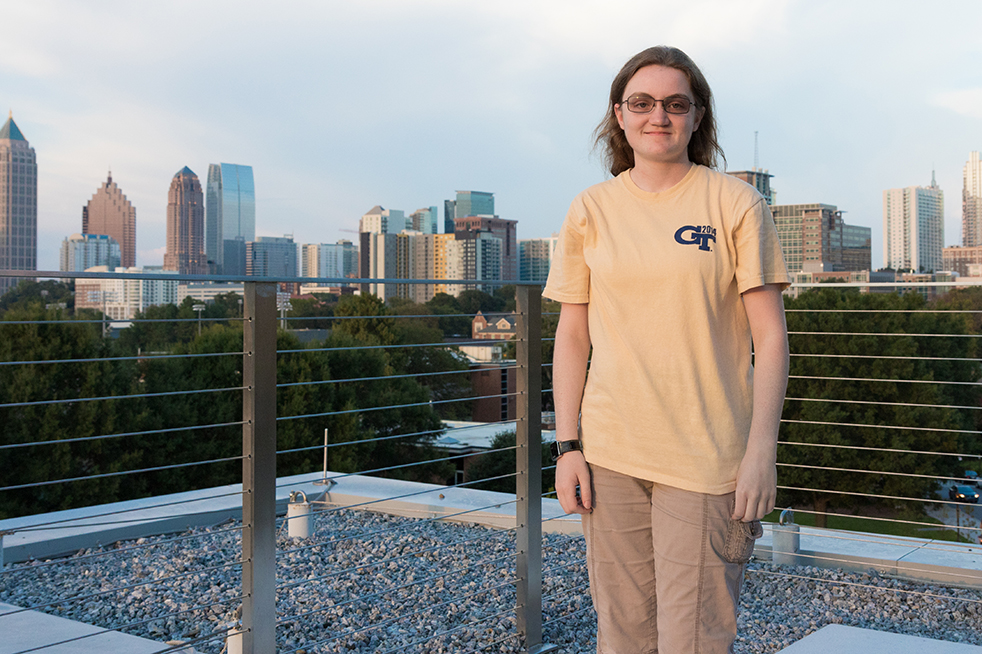Cooking is an underappreciated skill that some consider an art form. While there are instances of chefs creating pretty monstrosities, which one can hardy call edible, the majority of humanity manages to live its collective lives without this extravagance. Once food has become such art, it, in many cases, does not really qualify as food any more. No longer considering cooking an art form, it is left as merely a skill, but one that none should live without.
There are few things in this world as irreplaceable as food, yet few really think about it. As college students, we tend to just eat fast food, free food, cereal and ramen (really anything that can be eaten after a single step cooking process), but since food is such an integral part of everyone’s lives, perhaps it should have a higher priority than this simplicity. Having an internal philosophical debate about food, however, is hardly the answer; learning to cook, on the other hand, should increase awareness of what is being eaten as well as allowing the cooks to eat exactly what they want and expand their creativity.
This is not to say that you should cook every meal, for few, if any, college students have enough time to do so. While it is perfectly acceptable to opt for cereal on busier days, when taking a break from school work and other activities, attempt to make a decent meal from scratch. It does not particularly matter what food you attempt to cook so long as it is more involved than usual college fare. If you are planning to travel abroad, perhaps invoking the magical Google for recipes from your destination country would be beneficial, if such plans are not in your future, then Google is still a magical creature and the perfect place to find a new dish to attempt.
It is worth mentioning that you should not start with something ludicrously complex or time-consuming, for this will inevitably end in failure; however, potential cooks should also know that, contrary to popular belief, cooking is not a science. In most cases, the recipe is entirely a suggestion, and the cook is free to include more of ingredients he or she enjoys and less of those found repulsive.
This is even the case when discussing cakes and bread, commonly thought to be particularly finicky with respect to the proportions of each ingredient. It is entirely possible to “bake” a tasty cake in a pot on a stove without any measuring cups. For bonus points, use a recipe in a language which bares only a passing resemblance to one you actually know (I chose Català). As this instance illustrates, cooking is more about creatively making something edible than about going through a series of boring steps just to have lunch.
What is surprising to learn is that many consider themselves poor cooks because they think (and perhaps know from experience) that others do not like their cooking, but if you are cooking for only yourself, this does not matter. Being capable of cooking well enough to be able to eat it (or rather suffer through the terrible mistake that has become that day’s supper) is sufficient. From this, you can learn and have better food in future. For instance, scrambling cake batter in a frying pan is a bad idea (some gets burnt while some is still doughy) instead, use two pots, cooking for most of the time in one, then flipping the creation into the
other pot to cook the top: voila cake!
This just goes to show that the main point of cooking is to solve a problem (needing to eat) in a creative way. As in many disciplines, there are wrong ways to do so (such as cooking a poor slice of bread until it is no more than a glorified chunk of charcoal), but there are also countless ways to do so properly. The act of cooking is finding one such solution and checking to see which category it falls under.
A final, less pivotal, point is that, once you have pots, pans, and other cooking, it is quite a bit cheaper to eat at home than at a restaurant, though it is rather difficult to beat the bland simplicity that is ramen.
